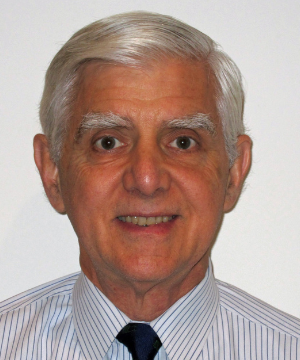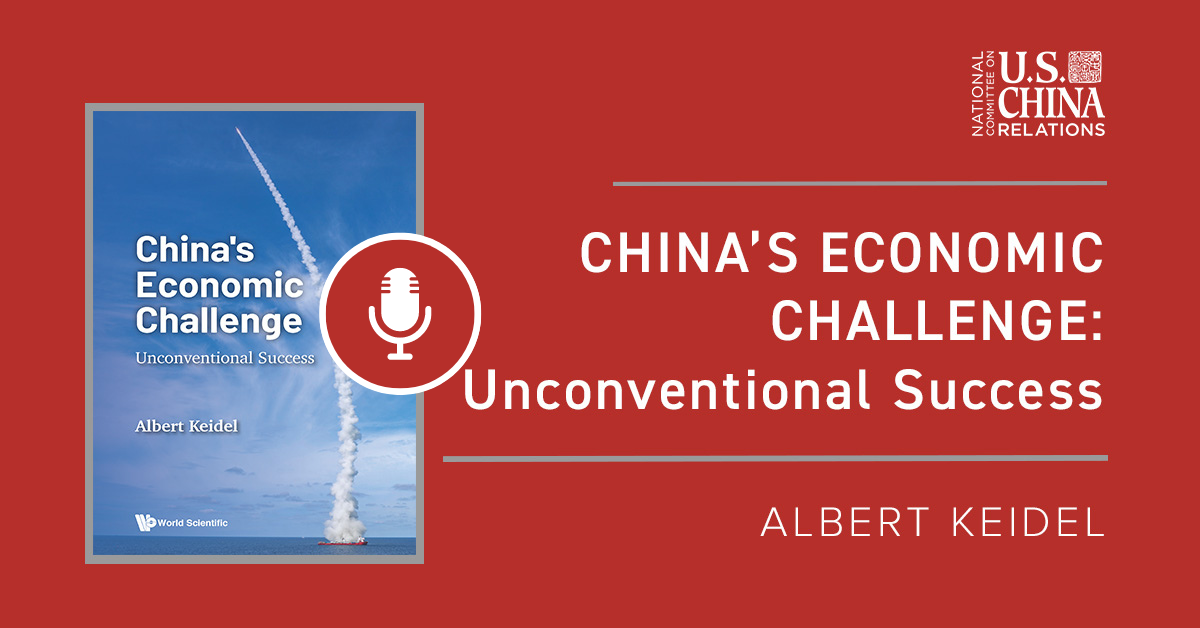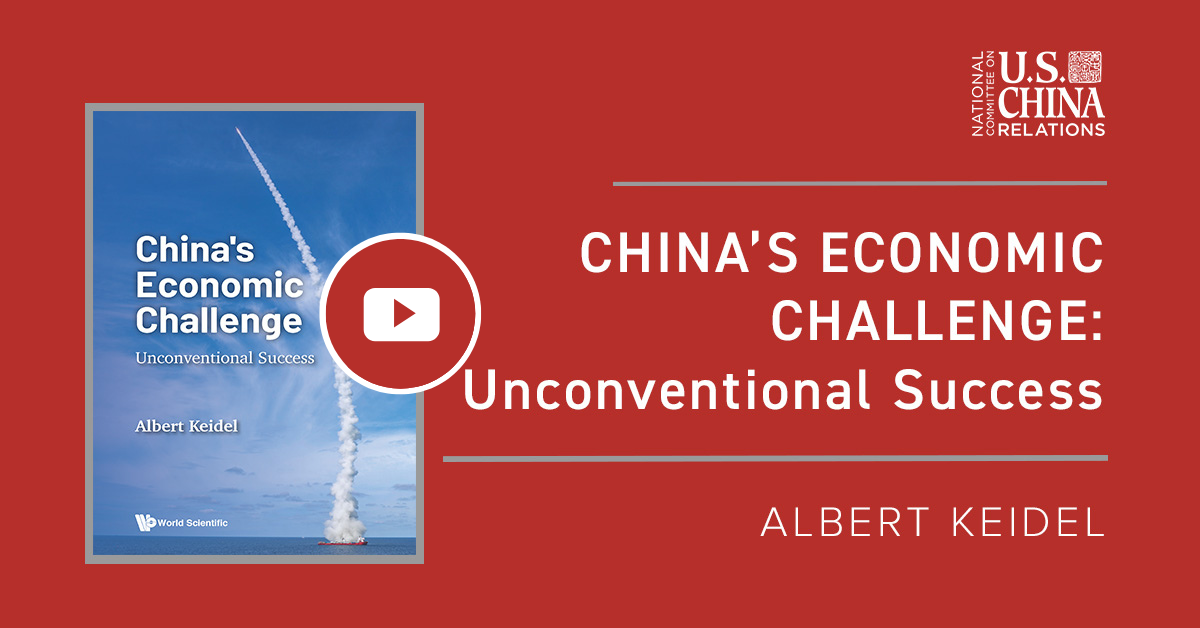Friday, June 17, 2022 | 3:00 PM EDT
Zoom Interview | Albert Keidel
In China’s Economic Challenge: Unconventional Success, Albert Keidel examines the economic approaches responsible for China’s 40 years of rapid growth, suggesting how such strategies might be applied elsewhere. He discusses the government’s leadership role, success in poverty reduction, and international finance and trade experience. The book reviews why China’s success challenges the United States and the field of development economics. He describes how generous rural price and land-tenure reform in the 1980s caused a rural income boom that threatened urban subsidized livelihoods and underpinned consequent violence. China may face similar challenges moving forward, during the planned merger of the rural and urban work forces.
In an interview conducted on June 17, 2022, Albert Keidel analyzes the institutions and policies responsible for China’s successful development and possible future trajectory, examines the U.S.-China trade war, and considers the country’s economic prospects in light of COVID-19.

Albert Keidel
Albert Keidel is a political economist specializing in East Asia. His recent book, China’s Economic Challenge: Unconventional Success, applies lessons from China’s 40 years of development success to an understanding of successful development more generally.
Dr. Keidel is an adjunct professor at George Washington University and a non-resident senior fellow at the Atlantic Council. He previously was a senior associate at the Carnegie Endowment for International Peace, after working in the U.S. Treasury Department as acting director and deputy director of the Office of East Asian Nations, and before that as Treasury’s China desk officer. Before joining Treasury in 2001, he covered China’s economic trends, system reforms, poverty, and country risk from the World Bank office in Beijing (1997-2000).
Dr. Keidel received his B.A. from Princeton and his Ph.D. from Harvard, followed by a post-doctoral fellowship year at Tokyo National University. He speaks Japanese and Chinese.

